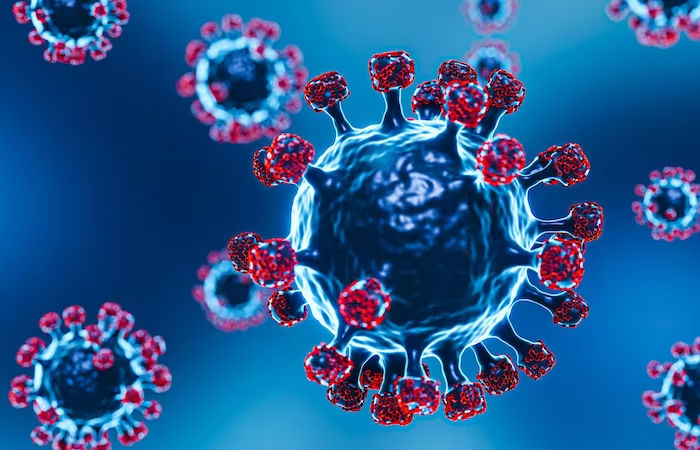
In India, 290 cases of KP-2, the sub-variant linked to the recent outbreak in Singapore, and 34 cases of KP-1 have been found. The Union Health Ministry said that this sub-variant of JN1 is not serious and does not require hospitalization of the patient and does not make the case serious. He said that this mutation of the virus is a natural and continuous process.
According to the Health Ministry, this mutation will continue at a rapid pace which is characteristic of viruses like SARS-CoV-2. Therefore there is no need to worry or panic.
The Indian SARS CoV-2 Genomics Consortium (INSACOG) is a sensitive surveillance system capable of collecting samples from hospitals to identify new variants at an early stage and monitor any changes in the severity of the infection.
According to INSACOG data, KP1 cases are spread across seven states and union territories, with West Bengal on top with 23 cases. Other states include Goa (1), Gujarat (2), Haryana (1), Maharashtra (4), Rajasthan (2) and Uttarakhand (1).
KP2 cases are more prevalent and Maharashtra tops the list with 148 cases. Other states and union territories that have registered KP.2 are Delhi (1), Goa (12), Gujarat (23), Haryana (3), Karnataka (4), Madhya Pradesh (1), Odisha (17) , Rajasthan (21), Uttar Pradesh (8), Uttarakhand (16) and West Bengal (36).
It is noteworthy that Singapore is facing a new wave of Covid-19. From May 5 to May 11, more than 25 thousand cases of KP.1 and KP.2, known as Flirt from its technical components, were recorded here. Globally, JN1 and its sub-variants, including KP1 and KP2, have been predominant. The World Health Organization has declared KP2 a surveillance variant.
 look news india
look news india
